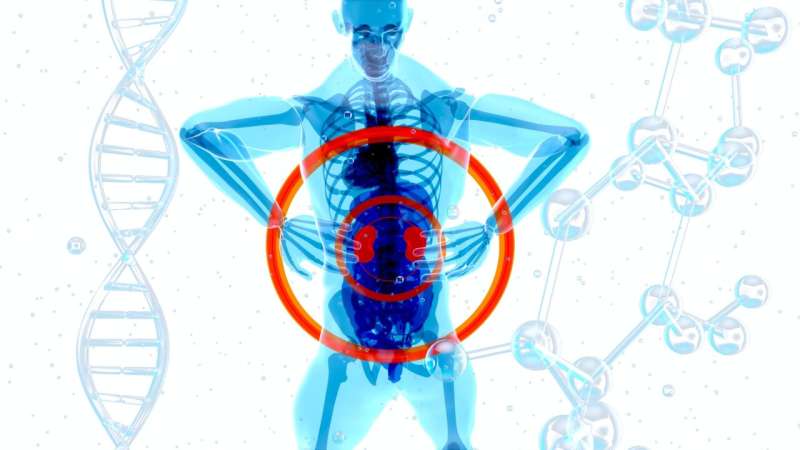AI-Powered Technology Significantly Improves Low-Quality Cardiac MRI Scans

A new AI-assisted model from the University of Missouri enhances the quality of low-resolution cardiac MRI scans while reducing scan time by 90%, enabling faster and more accurate heart diagnostics.
Researchers from the University of Missouri have developed an innovative AI-assisted model called TagGen that revolutionizes cardiac magnetic resonance imaging (MRI) by transforming low-resolution, blurry heart scans into high-quality images. This advancement not only enhances diagnostic accuracy but also drastically reduces the time required for scanning by approximately 90%, making the process more comfortable for patients and more cost-effective for healthcare providers.
Typically, a cardiac MRI scan lasts between 30 to 90 minutes. During this period, patients are asked to hold their breath to minimize chest movement, which helps produce clearer images. However, longer scans—sometimes exceeding 20 heartbeats—pose challenges for patients, especially those with difficulty holding their breath, leading to lower image quality due to movement artifacts.
The TagGen AI model uses a diffusion-based, generative approach to restore the fine details of MRI images that are often missed or blurred in traditional scans. This enhanced clarity reveals vital markers known as taglines, which track muscle movements within the heart. Accurate visualization of these movements allows clinicians to identify areas of abnormal function or damage more effectively. By improving image sharpness and detail, TagGen enables doctors to make quicker and more precise diagnoses.
One of the practical advantages of this technology is its ability to maintain high image quality with significantly shorter scan times. This means patients need to hold their breath only for three heartbeats instead of a longer duration, reducing discomfort and increasing the feasibility of obtaining high-quality images, especially in emergency or routine scans.
Future plans for the research team include refining the TagGen model further and expanding its application to other cardiac MRI scans, computed tomography (CT), and imaging of other organs such as the brain. Lead researcher Dr. Changyu Sun emphasizes that this innovative approach could lead to better disease detection, improved patient outcomes, and more efficient imaging workflows.
This breakthrough has been documented in a paper published in the journal Magnetic Resonance in Medicine, highlighting the potential of AI technology to advance medical imaging and diagnostics.
Source: https://medicalxpress.com/news/2025-06-ai-quality-mri-heart-scans.html
Stay Updated with Mia's Feed
Get the latest health & wellness insights delivered straight to your inbox.
Related Articles
COVID-19 Booster Vaccinations Significantly Reduce Hospitalizations in Cancer Patients
Recent studies show that COVID-19 booster shots significantly decrease hospitalizations among cancer patients, emphasizing the importance of vaccination for vulnerable populations.
Final Results Confirm Effectiveness of Two-Drug Therapy for Advanced Kidney Cancer
A comprehensive five-year clinical trial confirms the long-term effectiveness of the pembrolizumab plus axitinib combination in treating advanced kidney cancer, offering new hope for improved survival outcomes.
The Impact of B Vitamins on Brain and Heart Health
Discover how B vitamins like B12 and folate influence brain and heart health. Learn about their role in cognitive function, vascular health, and potential in preventing dementia and cardiovascular diseases.
Researchers Identify Inflammatory Subtype of Major Depression to Enable Precision Psychiatry
Emory University researchers identify an inflammatory subtype of major depression, paving the way for personalized treatments and improved diagnostic strategies in psychiatry.



